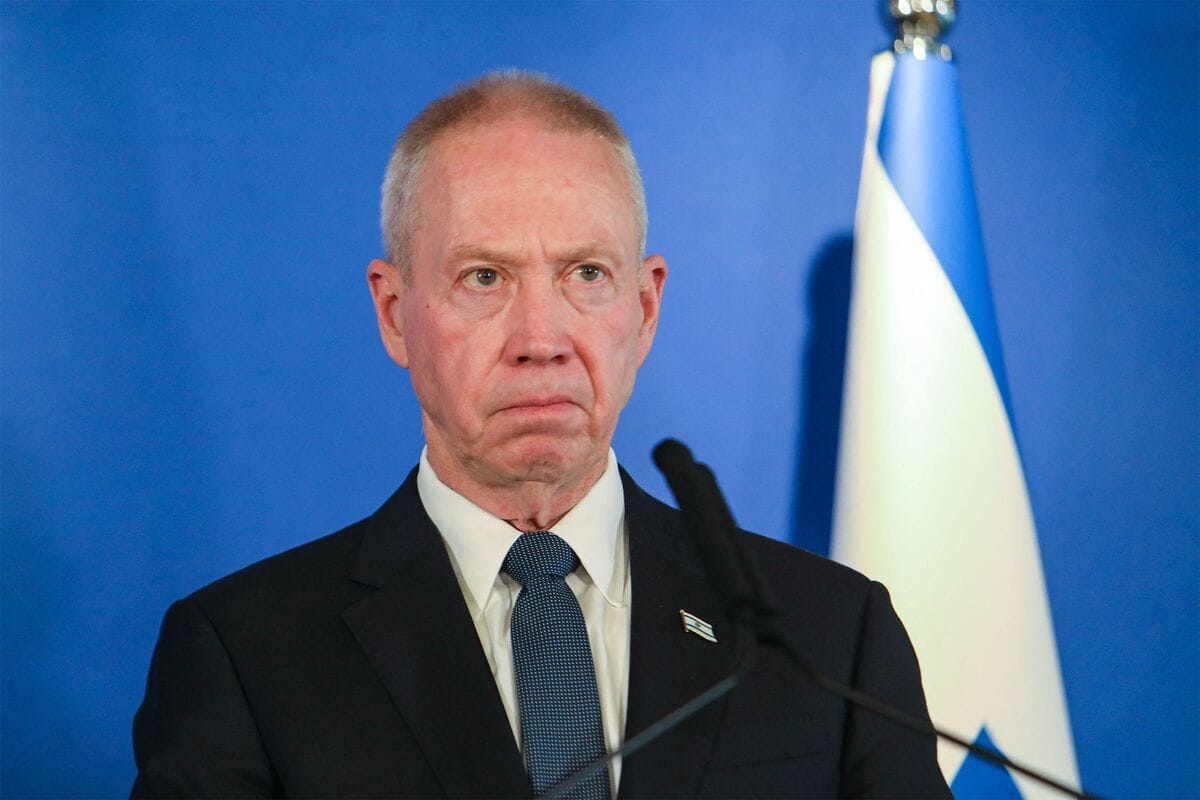Yoav Gallant, who previously served as Israel’s Minister of Defense, has officially stepped down from his position as a member of the Knesset. This decision marks the end of his parliamentary involvement and comes after a period of notable political activity. The resignation was formally submitted, and it became effective immediately upon acceptance. Gallant’s departure follows a series of events that have drawn public attention to his political views and the positions he has taken in regards to certain key issues within the Israeli political sphere. His decision to leave parliament has stirred discussion amongst political analysts and observers both within Israel and internationally.
The former Defense Minister, who was a prominent figure within the Likud party before his recent departure, had served in numerous high-ranking positions over the course of his political career. His role in national security affairs was particularly noteworthy, given the complex geopolitical environment that Israel operates within. He was often seen as a voice of strategic importance on matters involving national defense, and his influence on policy decisions was significant. As such, his move away from parliamentary involvement raises questions about the future direction of certain policies and the potential impacts on Israel’s security apparatus.
Gallant’s political career has been marked by a number of significant events. His previous tenure as Defense Minister was characterized by a mixture of challenges and successes. He oversaw the military and security apparatus at a time when the region was undergoing a period of heightened tension. He frequently engaged in direct communication with both the public and the international community and maintained a high profile. His approach was sometimes perceived as hawkish, particularly by those on the left, but he had a solid base of support amongst the more conservative factions of Israeli society.
The specific reasons for Gallant’s resignation have not been entirely clarified by the man himself, although it is widely perceived to be linked to recent political disagreements regarding policy and direction within the government. There has been speculation that he had grown disillusioned with the existing power dynamics within the political establishment. Some analysts have suggested his departure could be a response to the shift in political coalitions and internal power struggles which have affected the decision-making processes. These internal disagreements have been frequently a subject of public discourse and have sparked extensive debate about the future of the ruling government.
The impact of Gallant’s departure is likely to be significant. Not only does it mean a seat within the Knesset becomes vacant, but it also signifies a potential shifting in the political allegiances across the spectrum. This departure also comes at a very crucial moment for Israeli politics given regional tensions and internal political debates. The absence of Gallant’s voice and presence will undoubtedly be felt within the government and the parliament, especially when matters of national security are being deliberated. His supporters will see him as a loss, while his detractors will view his resignation as an opportunity for change.
The Knesset, as the central legislative body, will need to adjust to this change, and discussions around potential replacements are already underway. This might also prompt changes within the Likud party as they adapt to the fact that they have lost one of their more prominent members. The process of finding a successor for Gallant and ensuring a smooth transition will be a vital next step for the government. It will provide a clear measure of the stability of the current governing coalition, and may very well determine some of the future directions of Israel’s legislative initiatives.
The international community will also be closely monitoring the ramifications of this departure. Gallant has been an important contact point for many international entities and governments, given his background and experience in matters of national security. His resignation is therefore likely to have implications not only for the internal politics of Israel but also for some of Israel’s relationships with other nations. His contacts in the international arena will need to be replaced, a fact which will present its own challenges.
In the short term, the resignation of Yoav Gallant from the Knesset is a significant political event that will contribute to a shifting of the Israeli political landscape. In the longer term, its consequences will be further measured and analysed as the process of political adaptation unfolds. The implications are likely to be felt across different political spheres. His legacy, however, will likely continue to be a subject of political and social discourse for some time. The political scene in Israel is currently in a period of flux, and this resignation will only add to the complex picture. The question of how this will affect the stability of the government remains the focal point of political analysis in the coming weeks.



